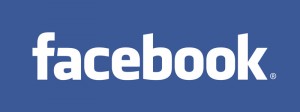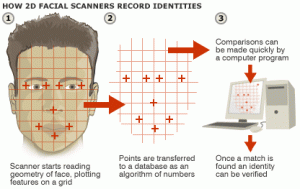Whenever people talk about computer and internet security, they talk about malware which consists of virus, trojan, worms, spyware and many more. When they come to talk about the solution for those threats, the solution is to get an antivirus and firewall to do the work.
The question now is, are they sufficient for a good computer and internet security? I would say ‘No’. It is very irresponsible to put the blame into that awesome software when you become a victim of malware infection. I believe that software like antivirus and firewall are there to help you in achieving good security, but not creating some sort of plasma shield to you.
The reasons why you have a poor security
As I said, you can’t blame the software for being too poor as the reason that you to get infected. Part of the reason why you are infected can be several below.
You are too careless when handling incoming links from email
Incoming links from emails especially from an unknown sender are usually malicious. They don’t lead to valuable site but either phishing site or malicious site. If you happen to land on a malicious site, your computer will most probably infected with virus, trojan, or worm the next minute.
If you don’t update and patch your operating system, the wounded area is the target for hackers
Sad to say, there is no such thing such as perfect software. Software is always 95% complete where 5% is the section for bugs and vulnerabilities to exist. It is the matter of time whether those vulnerabilities are found.
If the creator happened to find those vulnerabilities before the bad guys, they will still able to patch the wounded area. So if you don’t update and apply the patch, you will the one targeted by hackers to exploit your vulnerabilities.
You are the owner of your computer, not the administrator
Many of us think that being the owner of the computer means being the administrator as well. But do you know that Microsoft did not design it this way for us? There is an option to create a Standard User and there is User Account Control (UAC) so that we will use our computer in the way that we don’t have full privileges to do everything, same goes to the hacker.
 By having a strict UAC, you will realize that every single time you run an application that might affect your System files, you will be asked for permission. The benefit here is, if a hacker tries to run an application to harm your system files, I bet you will know it as well when your UAC pops up.
By having a strict UAC, you will realize that every single time you run an application that might affect your System files, you will be asked for permission. The benefit here is, if a hacker tries to run an application to harm your system files, I bet you will know it as well when your UAC pops up.
My verdict to poor security
Having a bad security does not mean your antivirus is not efficient enough or your firewall is not solid enough. At times, it is the user who lacks of experience in handling computer threats. As a result, it is important to always stay alert whenever you are browsing the internet.
If you want to learn more about security, you can grab my copy of eBook for free on how to Build Your Own Security.

